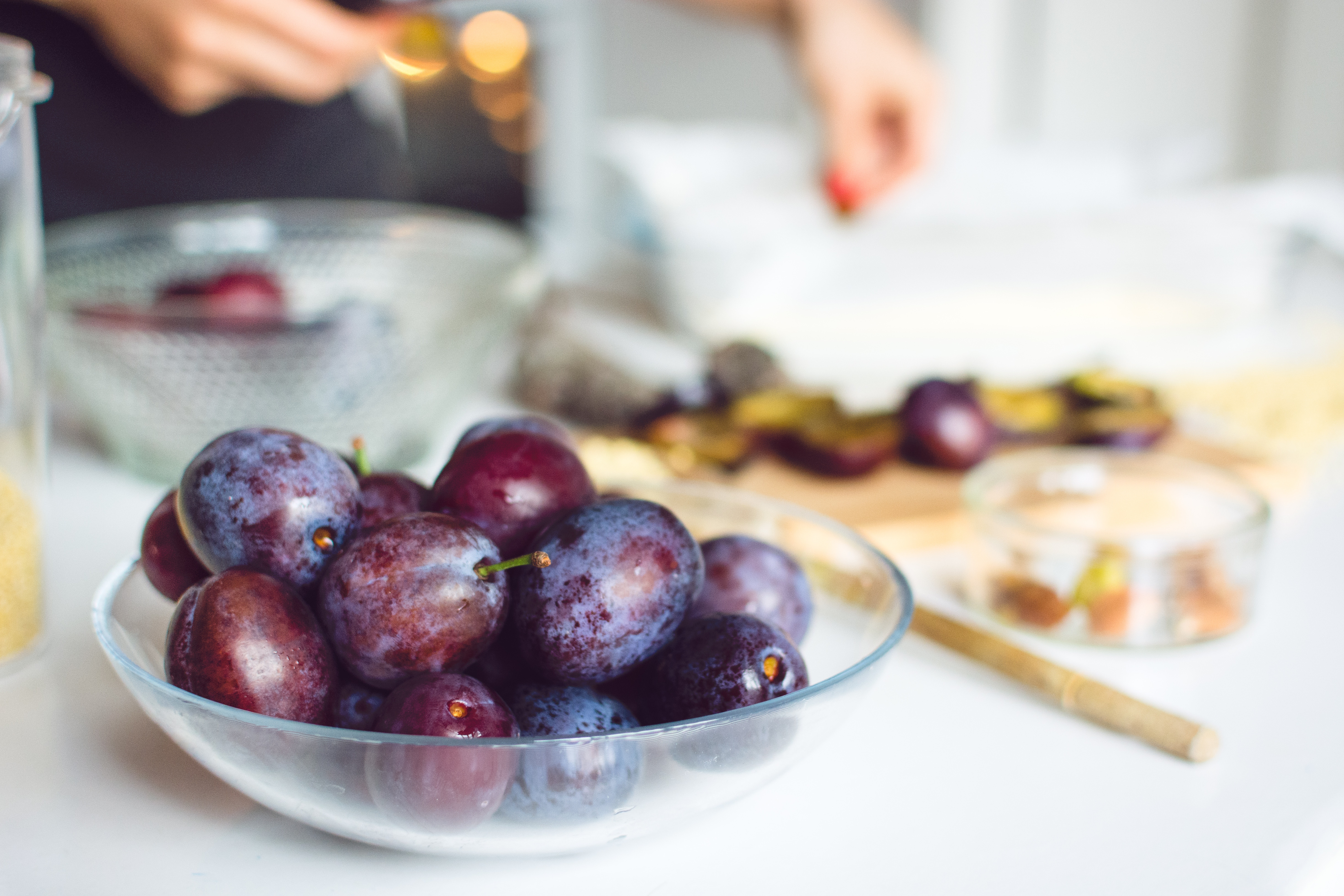
Meet the super fruit about to take over your Instagram! It’s called jujube and harvest is in full swing at Cricket Square.
Similar to an olive or small date in size, fresh jujube fruit has the texture and crisp, bright flavour of an apple (see our had gardener’s photo below). While fresh jujubes have flesh that tastes similar to an apple, dried jujube tastes much like dates and have a similarly impressive nutritional profile.
Jujubes contain a range of vitamins, minerals and phytonutrients, including magnesium, potassium, copper, niacin, calcium, manganese, phosphorus, iron, phenolics, flavonoids and polysaccharides, plus 18 amino acids and 20 times more vitamin C than an orange.
The fruit is an adaptogen, and in traditional medicine, it was used to reduce stress and treat anxiety and insomnia, as well as stimulate appetite and digestion and boost the immune system.
For people suffering from insomnia or restlessness, consuming the extract of the seeds of the jujube fruit can be a good remedy. The soothing nature of the organic compounds contained in this beneficial fruit can calm the body and mind.
The jujube fruit is a rich source of both iron and phosphorous, which are key ingredients in the red blood cells. If you suffer from low iron content in your blood or anemia, you may experience symptoms like muscle weakness, fatigue, indigestion, lightheadedness, and cognitive confusion. By increasing your iron and phosphorous intake with jujube fruit, you can increase blood flow, thereby oxygenating your organ systems more effectively, giving you an energy boost.
By increasing minerals like calcium, phosphorous, and iron (all of which are prevalent in jujubes), you can ensure that your bones remain resilient and strong. As we age, we tend to suffer from osteoporosis and other bone degrading conditions, so adding jujube fruit to your diet can slow or reverse this trend.
Taste jujube at its best this week at our Harvest Dinner on Thursday evening at the Restaurant.


